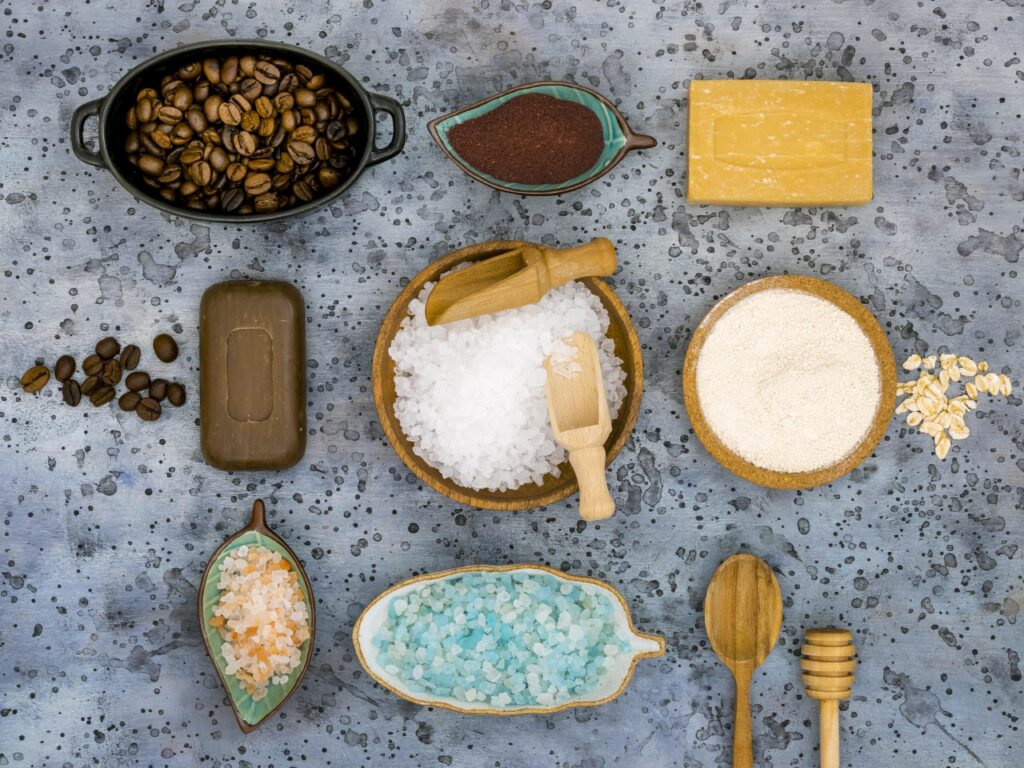
human salt lick
Salt licks are typically associated with animals, particularly livestock and wildlife, who use them as a source of essential minerals. However, the concept of a “human salt lick” has gained attention as individuals look for natural ways to supplement their diets with minerals, enhance wellness, and even indulge in unique culinary experiences. In this guide, we will explore the idea of a human salt lick, its benefits, types, uses, and considerations for health and wellness.
Algohar World natural salt lamps that are believed to provide various benefits, combining both the aesthetic appeal and the potential health advantages associated with Himalayan salt lamps.
What is a Salt Lick?
A salt lick is a natural deposit of mineral-rich salt or a man-made block of salt that animals consume to meet their dietary needs. These licks provide essential minerals, particularly sodium, calcium, magnesium, and other trace minerals, that are vital for animal health.
Natural vs. Artificial Salt Licks
Natural Salt Licks
Found in nature, these are often located near mineral-rich springs, rock formations, or areas where salt deposits are abundant. Animals instinctively seek them out to fulfill their nutritional needs.
Artificial Salt Licks
These are created for livestock and wildlife and can come in various forms, including blocks, pellets, or powders. They are typically fortified with additional minerals and vitamins.
The Concept of a Human Salt Lick
A human salt lick is a term that refers to the practice of consuming salt or mineral-rich substances to gain health benefits, similar to how animals use natural salt licks. While not a literal “lick,” this concept can be applied to various culinary and wellness practices.
Culinary Use
Salt Blocks
Himalayan salt blocks or slabs are popular for cooking and serving food. They can be heated or chilled and used to grill, sear, or serve foods while imparting a mild salt flavor.
Seasoning Salts
Flavored salts infused with herbs, spices, or other minerals can be considered a form of human salt lick, as they enhance the flavor and nutritional profile of dishes.
Health and Wellness
Some people advocate for the consumption of certain salts or minerals for health benefits, including improved hydration, better digestion, and mineral supplementation.
Note: A human salt lick could be an interesting and controlled way to address individual needs for sodium and minerals, but it should be used thoughtfully to avoid the health risks of excess salt consumption.
The Benefits of Salt for Humans
Essential Minerals
Salt is an important dietary component, providing essential minerals necessary for various bodily functions:
Sodium
Vital for maintaining fluid balance, nerve function, and muscle contraction.
Chloride
Works with sodium to maintain osmotic balance and is a component of gastric acid (HCl), aiding digestion.
Trace Minerals
Many salts, particularly natural sea salts and Himalayan salts, contain trace minerals that can contribute to overall health.
Hydration
Proper salt intake can help maintain hydration levels, especially in individuals who engage in strenuous physical activity or live in hot climates. Sodium helps retain water in the body, promoting hydration and electrolyte balance.
Electrolyte Balance
Salt plays a crucial role in maintaining electrolyte balance, essential for heart health, muscle function, and nerve signaling. This is particularly important for athletes and those involved in rigorous exercise.
Potential Health Benefits of Human Salt Licks
Improved Digestion
Salt can help stimulate the production of digestive fluids, promoting better digestion. Some believe that certain salts, like black salt, can aid in alleviating digestive issues.
Enhanced Athletic Performance
Consuming adequate salt is crucial for athletes, as it helps maintain electrolyte balance during intense workouts. Proper sodium levels can prevent dehydration and muscle cramps.
Support for Thyroid Health
Iodized salt can help prevent iodine deficiency, supporting thyroid function and metabolism. This is particularly important in areas where iodine deficiency is common.
Mood Enhancement
Minerals found in salt, particularly magnesium, can have calming effects and contribute to better mood regulation. This can be beneficial for those experiencing stress or anxiety.
Natural Detoxification
Salt baths are often used for detoxification, as the minerals can be absorbed through the skin, promoting relaxation and soothing sore muscles.
Considerations and Cautions
Moderation is Key
While salt is essential for health, excessive sodium intake can lead to hypertension and other health issues. It’s important to balance salt consumption with other dietary needs.
Quality Matters
Not all salts are created equal. Choose high-quality, unrefined salts whenever possible to maximize mineral intake and flavor.
Individual Health Needs
People with specific health conditions, such as kidney disease or hypertension, should consult with healthcare professionals about their salt intake and mineral supplementation.
Hydration
Maintaining proper hydration is crucial when consuming salt. Ensure adequate water intake, especially during physical activity or in hot weather.
Conclusion
The idea of a human salt lick may sound unconventional, but it highlights the important role that salt plays in our diets and wellness. From enhancing flavors in cooking to providing essential minerals, various types of edible salt can contribute significantly to health and culinary experiences. By understanding the benefits and uses of different salts, individuals can make informed choices to incorporate them into their lifestyles. As with all things, moderation and quality are key to enjoying the full benefits of salt. Whether it’s through cooking, seasoning, or wellness practices, embracing the concept of a human salt lick can lead to a more flavorful and health-conscious life.
Leave Your Comment